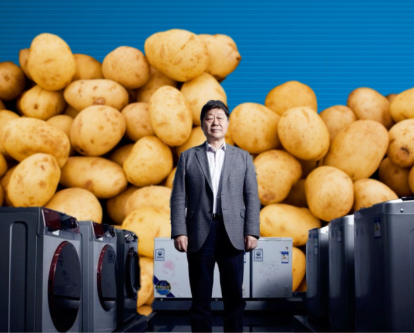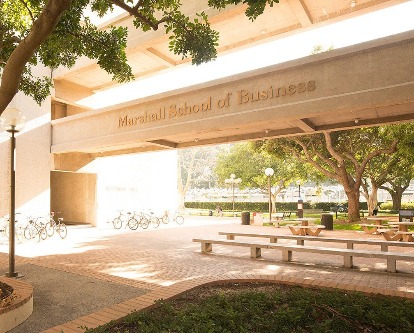It’s not every day you receive a letter from the Federal Trade Commission (FTC) acknowledging your contribution to its rulemaking process — unless you’re HYO KANG, assistant professor of management and organization.
In a recent ruling, the FTC declared non-compete clauses as an unfair method of competition, “suppressing earnings for workers, new business formation, and innovation.” The agency prominently cited Kang’s impactful research in the Final Rule, which takes effect on September 4, 2024, as a part of the agency’s efforts to promote fair competition.
Non-compete clauses in employment contracts prohibit employees from going to the competition after leaving the company. Kang and the FTC found these legal agreements affect new business development.
For the Final Rule, the FTC looked to Kang’s published work by the Journal of Economics & Management Strategy (JEMS) in 2020. In his paper “Non-competes, Business Dynamism, and Concentration: Evidence from a Florida Case Study,” Kang and his co-author Lee Fleming (University of California, Berkeley) found that large firms were more likely to enter Florida while entrepreneurs or establishments of small firms were less likely following the state’s 1996 legislative change that strengthened the enforcement of non-compete agreements. Kang’s study further found that Florida wasn’t an outlier, as the same pattern is observed at the state level across the nation.
As a result, large firms increased their share of employment in the state, while smaller firms struggled, creating a smaller proportion of new jobs as cited by the FTC. According to the U.S. Small Business Administration, small businesses help drive the American economy and account for nearly 44% of economic activity.
Marshall News asked Professor Kang about the implications of his research and the FTC’s recognition of his work.
Interviewer: What did you hope to establish when you conducted your research in Florida? Also, why Florida?
Hyo Kang: When I began writing this paper in 2016, there had been several studies on non-compete agreements, primarily focusing on the impact these have on workers and their ability to change jobs. However, I believed that non-compete agreements could also significantly affect employers and the important decisions they make. This led me to explore the implications of non-competes on firms’ (re)location and employment decisions, and how these differ by the size or growth stage of firms. These effects, in turn, have important consequences on regional market concentration and business dynamism.
We chose to focus on Florida due to a legislative change in 1996 that markedly altered the enforceability of non-competes. This law change provided a nearly ideal setting to study its effects on firms of different sizes and degrees of market concentration. Specifically, it stipulated a clar break on July 1, 1996, and the changes applied only prospectively. This new legislation aimed solely at strengthening the enforcement of non-competes without any other concurrent changes. The extent of change was also significant enough to capture the attention of employers.
For example, courts could no longer refuse to enforce non-competes on the grounds of employee economic hardship or public policy concerns. To further check the generalizability, we conducted a cross-sectional analysis at the state level and found similar patterns across all U.S. states.






